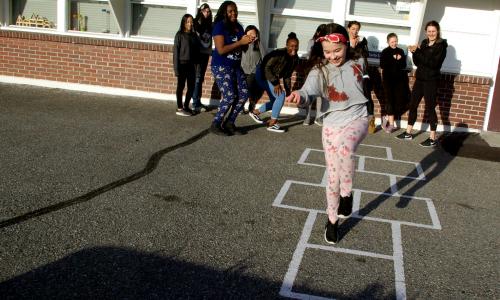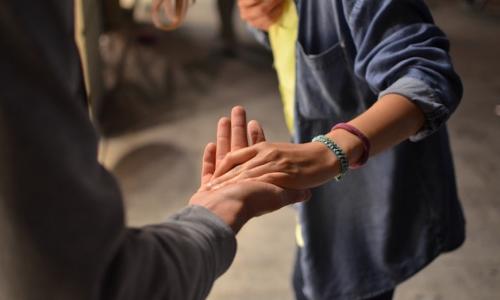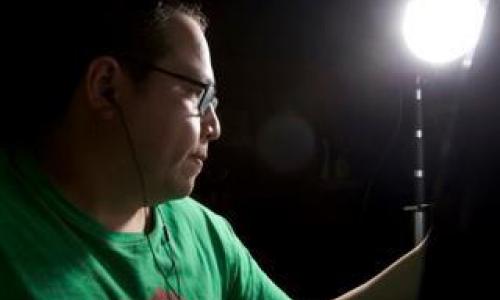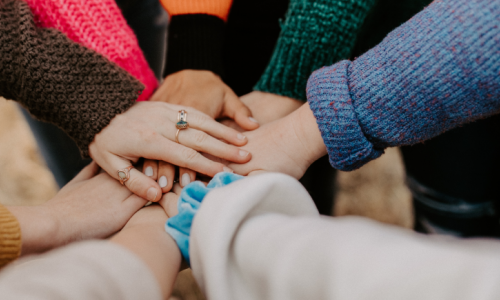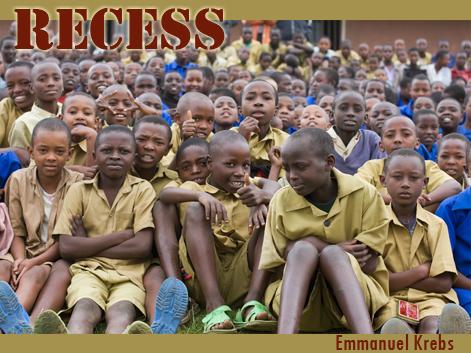
Q: What motivated you to go to Rwanda and volunteer?
Firstly, I had decided to take the Spring 2008 semester off as I had a few different projects I wanted to undertake, one of them being some volunteer work. Secondly, Africa was the last continent (besides Antarctica, obviously) I had not yet visited, so it was a longtime desire of mine to experience life there. An opportunity presented itself for travel to Africa and I started exploring my options.
My uncle and aunt run a small Canadian NGO called Just Equipping and had been to Rwanda the previous year to teach community organizers and prison chaplains about Restorative Justice. I explored options with them and I was eventually invited to join their team of volunteers for a return visit to Rwanda.
Q: Your photo won honorable mention in the Community Engagement category. What does “Community Engagement” mean to you and why you have chosen to make that part of your life?
Being born in Canada was the first lottery I won and I have since been presented with many other amazing opportunities in my life. This is not the case for everyone and for all my ‘luck’ I feel very fortunate. Community engagement is my way of attempting to share my “luck” with others.
Q: How did your experience volunteering abroad affect that idea?
It is an incredible experience that I would recommend to everyone, although it is not an easy one. I believe that volunteering can have a very positive impact on communities abroad if the work is really done WITH the community, rather than simply IN or FOR the community.
I don’t want to cast everyone in the same mold but I witnessed several ‘professional volunteers’, or ‘aid agency’ employees that were disconnected with the communities they were there to help, and they were not viewed in a positive light by the people in the communities for this reason.
An example about Afghanistan I heard on DemocracryNow.org recently highlights the potential shortcomings of aid, which I understand goes beyond volunteering but still illustrates the point that often it is the people we wish to help who have the best understanding of what will help them, not the other way around:
USAID had built forty-one courthouses at a cost of over $200 million, and the day the US ambassador went to the minister of justice to sort of hand over these courthouses, the minister of justice knew nothing about it and said, “Well, that’s very nice, that’s wonderful, but what am I going to do with these courthouses?” And so, obviously, the ambassador said, “Well, you can use them for, you know, conducting hearings and things like that.” And the minister says, “Well, how about the furniture?” And the ambassador says, “Well, that wasn’t included in the contract we gave out for building the courthouses.”
And the minister thought for awhile and said, “Well, how am I going to get the money to hire the personnel, for staffing the clerks, for maintaining the electricity, water?” And the ambassador says, “I don’t know. We’re just giving you the buildings.” And the minister says, “Well, I don’t have the money to run them. And why didn’t you ask us first what we needed and what else we would have needed to make use of the buildings?” So the result was that for quite a bit of time the buildings weren’t used, and now only some are used for courthouses, others are still closed.
Q: What are your plans for the immediate future and do you plan to make volunteerism and civic engagement a factor as you move forward in your life?
I don’t have short-term plans at the moment. Unfortunately I had to turn down the opportunity to return to Rwanda this year as I needed to focus on my studies. The team from Just Equipping is in Rwanda right now making a small-budget documentary on reconciliation and community building. I am looking forward to my next opportunity to get involved in volunteering.










